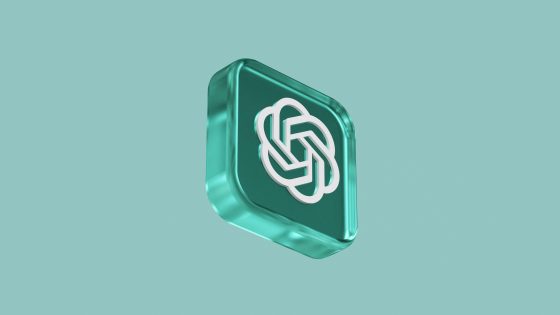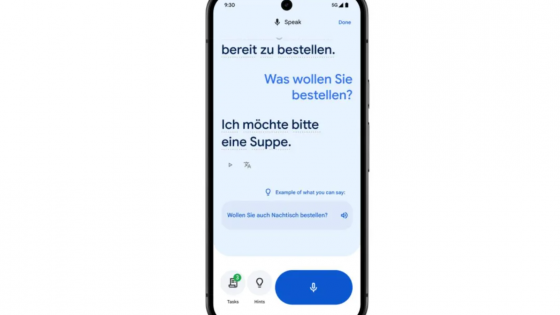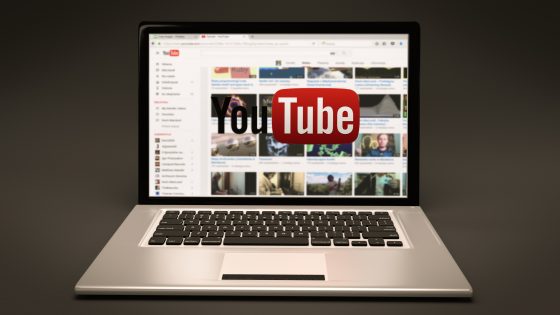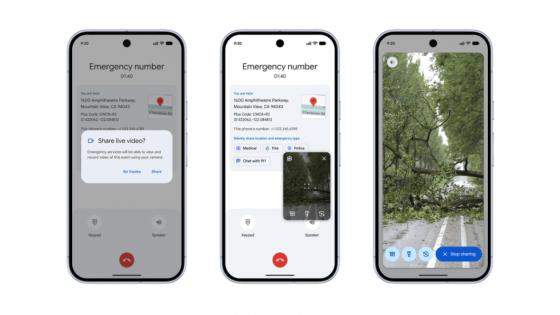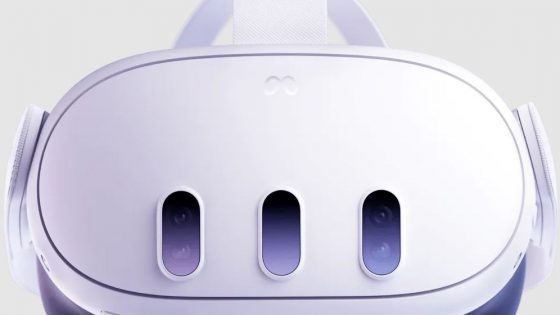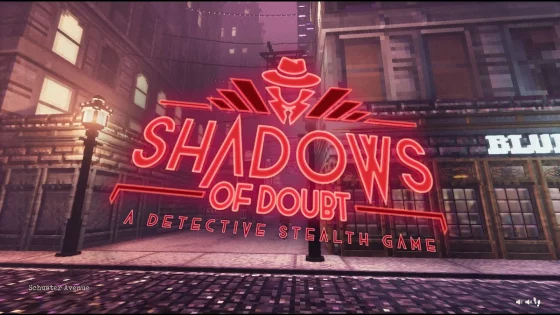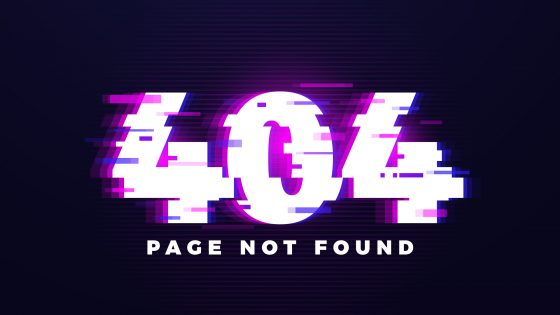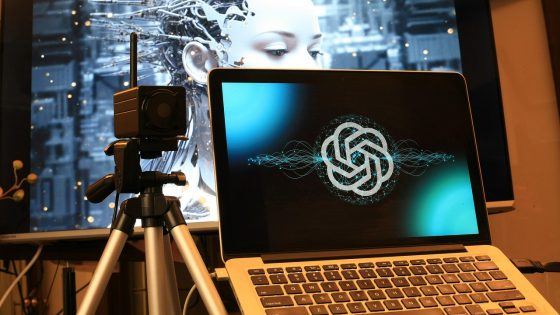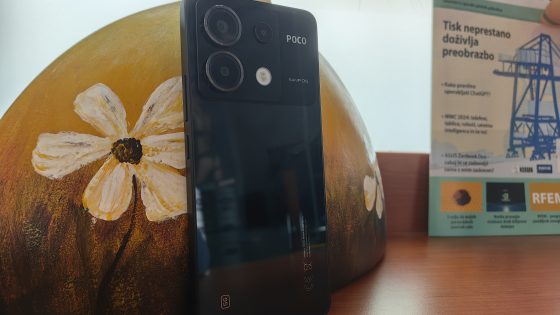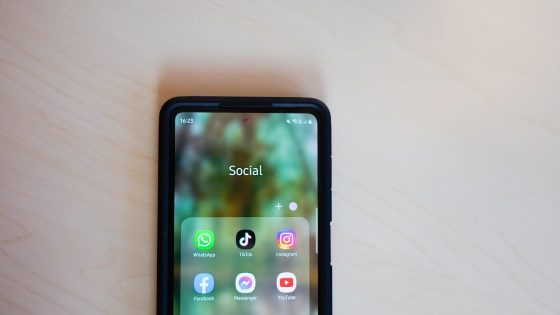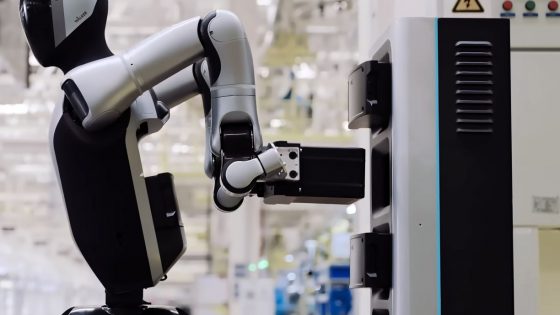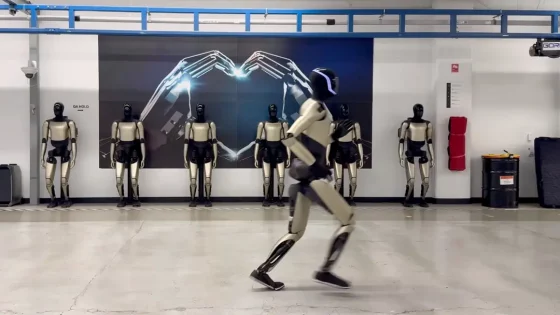Is ChatGPT artificial intelligence a threat to education?
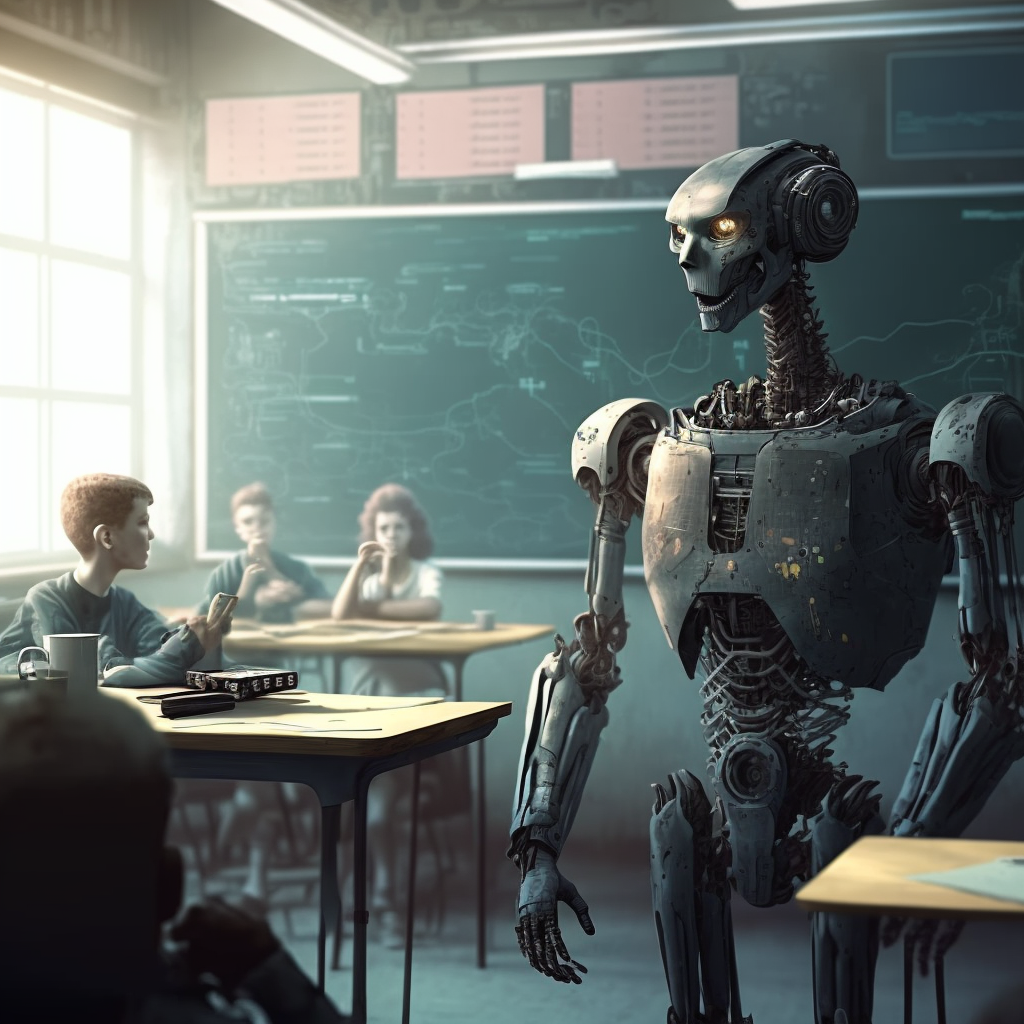
Educational institutions are wondering whether artificial intelligence (AI) technology threatens traditional education or whether it is a tool that will mark a new era of education. Educators are rightly concerned that students will use the (for now) free and accessible AI tool ChatGPT to write assignments instead of writing them themselves. This can very quickly jeopardize the readiness of entire generations of students, who as a result will not develop skills such as critical thinking, thinking outside the box, writing and research.
Artificial intelligence tools that can save students minutes or even hours of research raise concerns about cheating, declining academic performance and, above all, losing the ability to learn. The biggest threat, according to many educators, is that students will become lazy thinkers, eventually losing lifelong skills such as inquiry and reflection.
So, the latest enemy of education is the ChatGPT chatbot, which can access a huge database (currently until 2021) and use artificial intelligence to come up with meaningful formations and solutions to complex questions. What is even more impressive is that he can do this in different languages, including Slovenian. You can read a detailed explanation of what ChatGPT is, how it works and what this artificial intelligence can do in the article entitled “What is ChatGPT Artificial Intelligence?”, which was published in last year's last issue of Computer News.
ChatGPT is set to wipe out higher education, journalism, programming, and many other industries, if AI naysayers are to be believed. According to Gmail developer Paul Buchheit, not even Google is safe from it. On December 1, he tweeted that the most widely used browser will undergo a major change within two years.
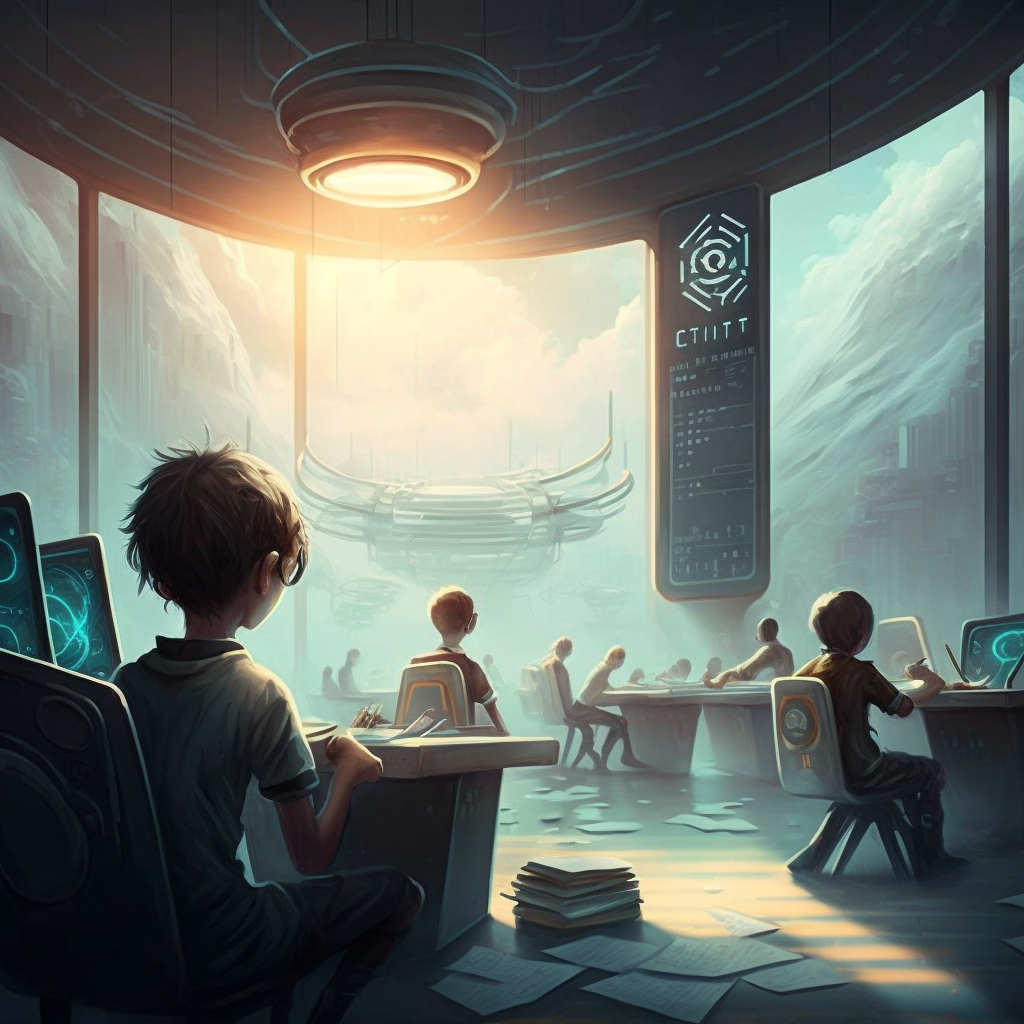
Another caricature of the classroom of the future imagined by AI tool Midjourney.
"He's wowing the internet with his superhuman ability to solve math problems, write college-level essays and research papers." NPR
“Education may never be the same.” RealClearEducation
“It could be an educational hazard and it's not good for kids.” Beverly Pell, technology consultant
“[ChatGPT] will lead to a crisis in learning that will force teachers to completely rethink the way they teach now.” Crush the College Essay
As always, two poles have been established with different views on developing technology. Dr. Jason Wingard, a global thought leader on leadership development and the future of work, also gave his opinion. He reminds opponents of technology that programs and services for solving (mathematical) problems and writing essays and articles have existed for many years. Since 2014, the Photomath app has been allowing students to take a photo of a math problem and get legitimate answers in just a few seconds. School officials and educators are also aware of the existence of paid article writing services. They have adapted to this and learned how to spot them.
According to Wingard, in any case, with or without artificial intelligence, “our curriculum should be adjusted and upgraded at least every year.” These adjustments would take into account the development of new technologies and services that can proliferate the services of plagiarism and other forms of cheating. Almost every university and higher education institution, including in Slovenia, uses dedicated software to detect cheating and plagiarism. OpenAI, the developer responsible for the success of ChatGPT's artificial intelligence, has also committed to curbing the new technology. Scott Aaronson, visiting researcher at OpenAI, said the company is "exploring hiding cryptographic signals, or watermarks, in ChatGPT results so that anti-cheating software like Turnitin can more easily identify them."
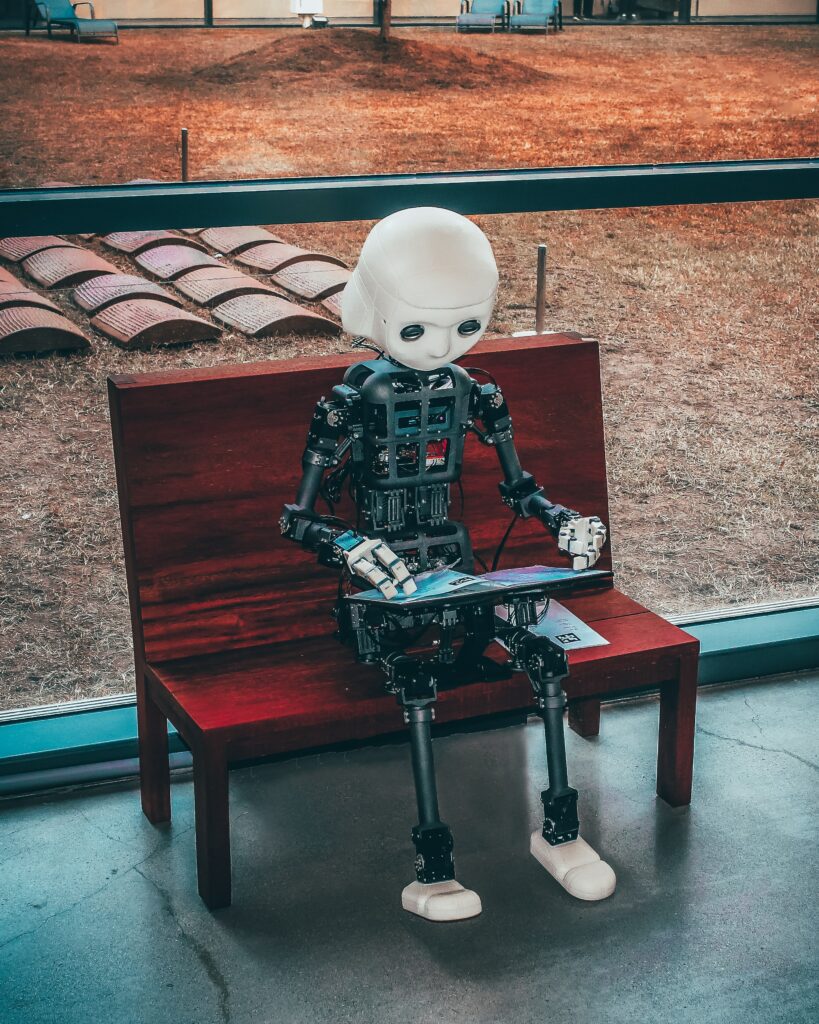
ChatGPT AI has huge potential for good
Putting aside all concerns, doubts and fears for a moment, Jason Wingard points out that AI has enormous potential to improve life and (higher) education.
Ian Bogost, a writer for The Atlantic, says that “[ChatGPT] is certainly not going to replace colleges or journalism or managers. But they offer these and other domains a new instrument […] to play with an unprecedented amount of textual material.” Bogost says students could critique chatbot compositions, spot inaccuracies, and add their own insights.
Artificial intelligence is not infallible, as data scientist Teresa Kubacka quickly found out. The AI bot ChatGPT was asked a question about the invented term "cycloidal inverted electromagnon". The answer not only sounded plausible, but was backed up by quotes that turned out to be false.
Sam Altman, co-founder of OpenAI, confirmed the findings of some users and experts. Their ChatGPT AI is somewhat fallible. In his own words, "ChatGPT is incredibly limited, but good enough at some things to create a deceptive impression of greatness." Simply put, when lacking the proper knowledge, ChatGPT is capable of creating a complex web of misinformation that sounds right to the average user . The ability to deceive and often provide false information is also the reason for its ban on the popular programming forum Stack Overflow.
Proponents of artificial intelligence are of the opinion that it can be an excellent tool for speeding up certain tasks, but with the awareness of its limitations. A good example of human-AI collaboration is Jason Fleagle, a web developer who had ChatGPT generate code for a website that was not perfect. But artificial intelligence saved him a lot of time in this case. She created an imperfect framework for him that (at least for now) can only be perfected by human hands.
While there are many concerns about AI's impact on education, Ethan Mollick, a professor at the Wharton School at the University of Pennsylvania Business School, disagrees with most of them. He sees AI himself as a learning companion, which he has already implemented in his curriculum. ChatGPT helped him develop the curriculum, lectures, assignments and assessment method at the master's level of study.
At least at the moment, however, ChatGPT and AI in general in education seem to have more detractors than allies.
Black clouds on the horizon for ChatGPT?
Australia's leading public universities are already thinking about how they will assess in 2023 thanks to new technologies. "Assessment transformation is critical and is happening now in our universities as we aim to outpace the development of artificial intelligence," says Matthew Brown, Group Deputy Chief Executive of Eight Australia.
Flinders University in Australia was among the first to establish a dedicated anti-cheating policy using computer technology, including ChatGPT. "Instead of banning students from using such programs, our aim should be to help academic staff and students use digital tools to support learning," he says Professor Romy Lawson.
In New York, access to ChatGPT has been completely disabled for formal education purposes. The Department of Education blocked access to the program, citing "negative impacts on student learning and concerns about the security and accuracy of content."
Whose pockets will artificial intelligence fill?
There are other concerns, however. OpenAI is a Silicon Valley company. It was created as a non-profit because only a non-profit company could develop "friendly" artificial intelligence that would work for the benefit of humanity. Soon, however, investors such as Elon Musk, Peter Thiel (PayPal) and others began to appear. In 2019, Microsoft also came forward with a billion-dollar financial injection, right after OpenAI became a limited liability company.
A growing number of criticisms are also aimed at the way ChatGPT learns. Initially, the artificial intelligence should use a reinforcement learning model to reduce the number of problematic/false answers. This would rely on a hand-made training kit, which takes a heavy financial toll.
But now it seems that the hottest AI tool of the moment is using the users themselves to learn and correct their mistakes. This way, you can access incredible amounts of human feedback in an almost free way. There are questions about the extent to which this project is still open at all, and whether money has overshadowed the innocent original idea of a beneficial development of artificial intelligence. Microsoft has also already entered into a collaboration to integrate the tool into the Bing search engine.
What will be the fate of ChatGPT and artificial intelligence?



